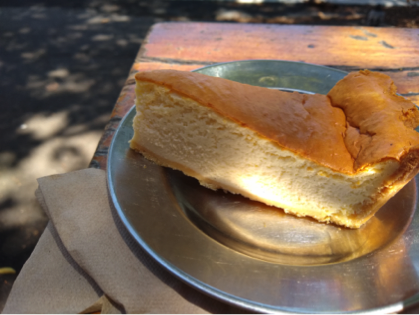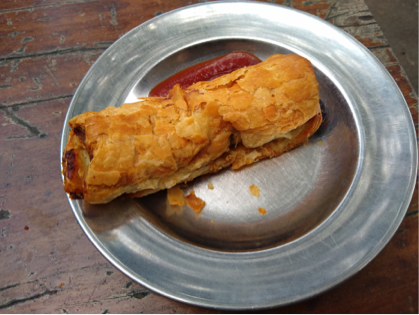Travelling is an essential part of academia. Academics travel for many reasons, ranging from short-term conferences and research visits to long-term resettlements for new jobs. But managing the logistics of moving to a new place can be daunting. Having recently moved to Sydney to join the I-DEEL lab for a research fellowship, I thought I might share some useful tips on moving to Sydney.
Housing rental
Finding a place to stay is probably one of the biggest issues for someone moving to Sydney, where rental demand is always high (although apparently the housing and rental market is cooling down at the moment). So, this is one of the main things that I will be talking about in this post. There are several things to take note when finding a place to stay:
Sources of rental: There are two main options when renting: finding your own place or sharing with others. Some of the popular websites for finding your own rental place include domain.com.au and realestate.com.au. Most housing agents advertise on these two websites. One important thing to note about the ads on these websites is that the photos are not always representative of the actual property. If the ad does not explicitly say that the property is furnished, you should assume that it is not, even if the photos show a fully-furnished place.
If you are keen to share with someone else, flatmates.com.au is a good option. I found my current place from there. For shorter-term visits, there is Airbnb.
Costs: Just as a ballpark, at the time of this blog, a decent (i.e. not breaking apart, does not have mouldy walls/carpets etc.) 1-bedroom apartment in suburbs surrounding UNSW costs at least AUD450 per week (yes PER WEEK). At this price, the place would most probably be unfurnished. For sharing, depending on the number of people that you are sharing with, the price would be north of AUD200 per week.
Besides the weekly rent, there are other potential start-up and ongoing costs, such as rental bond (usually 4 weeks’ rent), purchasing furniture and white goods, home internet, and utilities.
Where to stay: Many people working/studying at UNSW stay in the nearby suburbs, such as Randwick or Kensington, for the convenience. If you enjoy going to the beach, Clovelly and Coogee are pretty nice and still relatively close. If you are keen to stay closer to the City, places like Surry Hills or Paddington might suit you. I chose my place based on proximity to the food places that I like (see the photos below for evidence :D).
Getting around
Sydney is pretty well connected in terms of public transport. If you are taking public transport, get an Opal Card and load funds into it for travelling on trains, buses, and ferries.
Tip: There are several options for traveling to and from Sydney Airport, including train, bus, taxis, etc. I find that Uber offers the best value for money. Once you make a request, your Uber ride will be directed to a special pick-up spot. Just go to where it is indicated on the app to wait for your ride.
Mobile/Internet
Some of the major mobile/internet network providers include Vodafone, Telstra, and Optus. Some of my friends have used companies such as TPG and reported good things about them. A typical mobile plan is around AUD50 and home internet is around AUD60 and above. Pre-paid is another option for mobile plans.
Banking
Any of the major banks, like Westpac, ANZ, or Commonwealth should fit your needs. Just go in and speak to the banking staff and they will sort you out. With any banking or mobile applications, international people will need to bring their passport for identification purposes.
Hopefully this post will be of use to people moving to Sydney!



 RSS Feed
RSS Feed